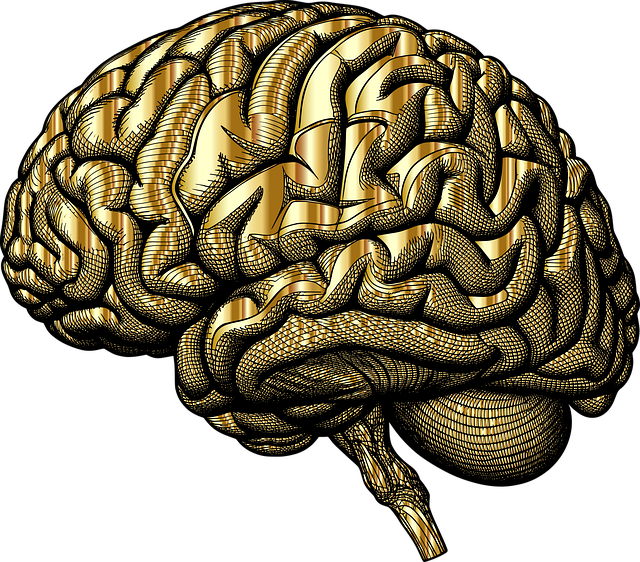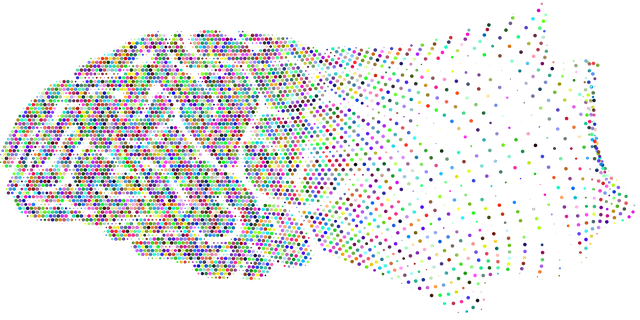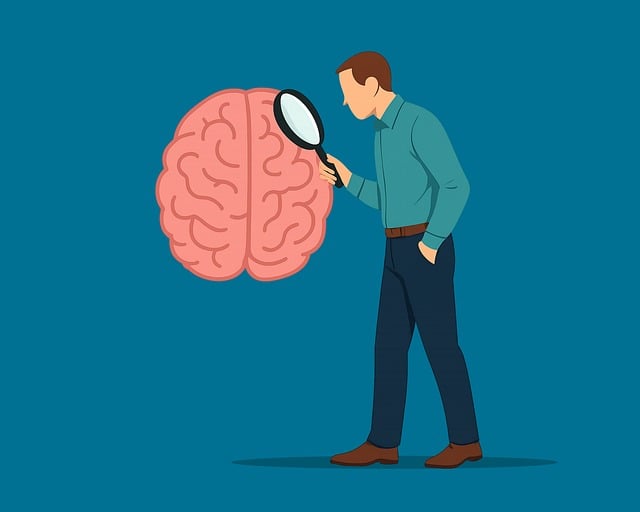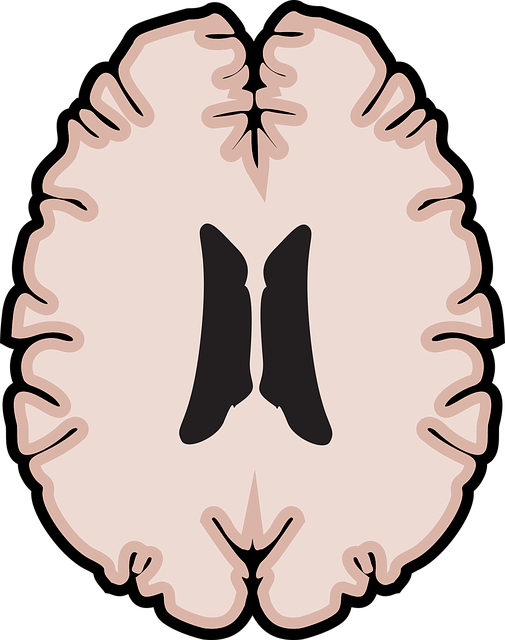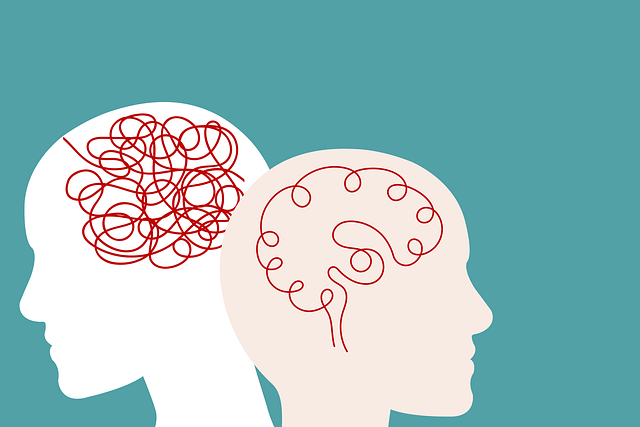Lafayette Independent Medical Evaluations Therapy is a specialized program empowering individuals with Emotional Intelligence (EI) through safe, supportive environments and evidence-based practices. By identifying emotional triggers, learning effective communication skills like active listening, and adopting tailored programs such as stress management workshops and podcasts, clients develop self-awareness, healthier coping mechanisms, and enhanced relationships, ultimately improving mental health and overall well-being.
Emotional intelligence (EQ) is a vital component of overall well-being, influencing how we interact with others and manage our own emotions. This article explores the multifaceted aspects of building EQ, from understanding its impact on mental health to practical strategies for effective communication. We delve into identifying emotional triggers as a path to self-awareness and discuss the transformative role of therapy in nurturing emotional intelligence, all essential elements, often overlooked, in Lafayette Independent Medical Evaluations.
- Understanding Emotional Intelligence and its Impact on Well-being
- Identifying Emotional Triggers: A Step towards Self-awareness
- Effective Communication Strategies for Enhancing EQ
- The Role of Therapy in Nurturing Emotional Intelligence
Understanding Emotional Intelligence and its Impact on Well-being

Emotional intelligence (EI) refers to the ability to recognize, understand, and manage one’s own emotions, as well as recognize, interpret, and respond appropriately to the emotions of others. It goes beyond simple empathy; it involves using this understanding to guide thoughts and actions in positive ways. For instance, a person high in EI can effectively navigate stress and challenges, fostering resilience and promoting their own mental health. This is where Lafayette Independent Medical Evaluations Therapy plays a pivotal role. These evaluations help individuals recognize emotional patterns, providing insights crucial for personal growth.
By cultivating EI, one can significantly enhance overall well-being. It encourages self-care routine development for better mental health, reduces the risk of burnout prevention, and strengthens interpersonal relationships. Mental wellness coaching programs often emphasize these principles, guiding individuals to develop healthier coping mechanisms and improve their emotional agility. Such strategies are essential in today’s fast-paced world, where stress and pressure can take a toll on one’s mental health.
Identifying Emotional Triggers: A Step towards Self-awareness

Emotional intelligence building begins with identifying emotional triggers that often remain hidden beneath the surface. This process is a powerful step towards self-awareness and mental health awareness, fostering a deeper understanding of one’s own emotions and reactions. By engaging in Lafayette Independent Medical Evaluations Therapy, individuals can explore these triggers in a safe and supportive environment. Therapists help clients navigate their emotional landscape, uncovering the root causes behind certain feelings and behaviors.
This introspection is crucial for developing a confidence-boosting self-care routine. Once you recognize what sets off your emotions, you gain the tools to manage them effectively. It enables individuals to respond thoughtfully rather than reacting impulsively, leading to improved mental health and overall well-being.
Effective Communication Strategies for Enhancing EQ

Effective communication is a cornerstone of emotional intelligence and can significantly enhance one’s EQ. When individuals engage in open and honest dialogue, they create an environment conducive to understanding and empathy. During conversations, active listening becomes paramount. This involves fully concentrating on what others are saying, asking clarifying questions, and paraphrasing their sentiments to ensure mutual comprehension. Such practices foster a deeper connection and enable individuals to respond thoughtfully, especially when dealing with complex issues like mental health concerns.
For instance, the principles of cultural sensitivity in mental healthcare practice can be significantly bolstered through effective communication. By being attuned to different perspectives and using inclusive language, therapists can create a safe space for patients from diverse backgrounds. This approach not only facilitates better therapy sessions but also contributes to stigma reduction efforts related to mental illness. Incorporating mind over matter principles further strengthens this process, encouraging individuals to view challenges as opportunities for growth and resilience through open dialogue.
The Role of Therapy in Nurturing Emotional Intelligence

Therapy plays a pivotal role in nurturing emotional intelligence by providing a safe and supportive space for individuals to explore their feelings and thoughts. Through structured conversations, therapists help clients gain deeper insights into their emotions, enabling them to understand and manage them more effectively. This process involves identifying emotional triggers, learning coping mechanisms, and developing strategies to enhance self-awareness—essential components of emotional intelligence (EI).
In the context of Lafayette Independent Medical Evaluations Therapy, professionals offer tailored interventions aimed at improving EI. These may include stress management workshops designed to equip individuals with tools for handling stressful situations, confidence-boosting techniques to enhance self-assurance, and mental wellness podcast series production as a means of sharing insights and strategies for cultivating emotional resilience. By integrating these therapeutic approaches, individuals can embark on a journey of personal growth, fostering not just better emotional understanding but also improved relationships and enhanced overall well-being.
Emotional intelligence is a powerful tool for enhancing well-being and fostering meaningful connections. By understanding and managing our emotions, we can navigate life’s challenges more effectively. The strategies outlined in this article, from self-awareness exercises to communication techniques and therapy, provide practical approaches to building emotional intelligence. For those seeking professional guidance, Lafayette Independent Medical Evaluations Therapy offers specialized support, contributing to a holistic approach to emotional growth and improved mental health outcomes.



